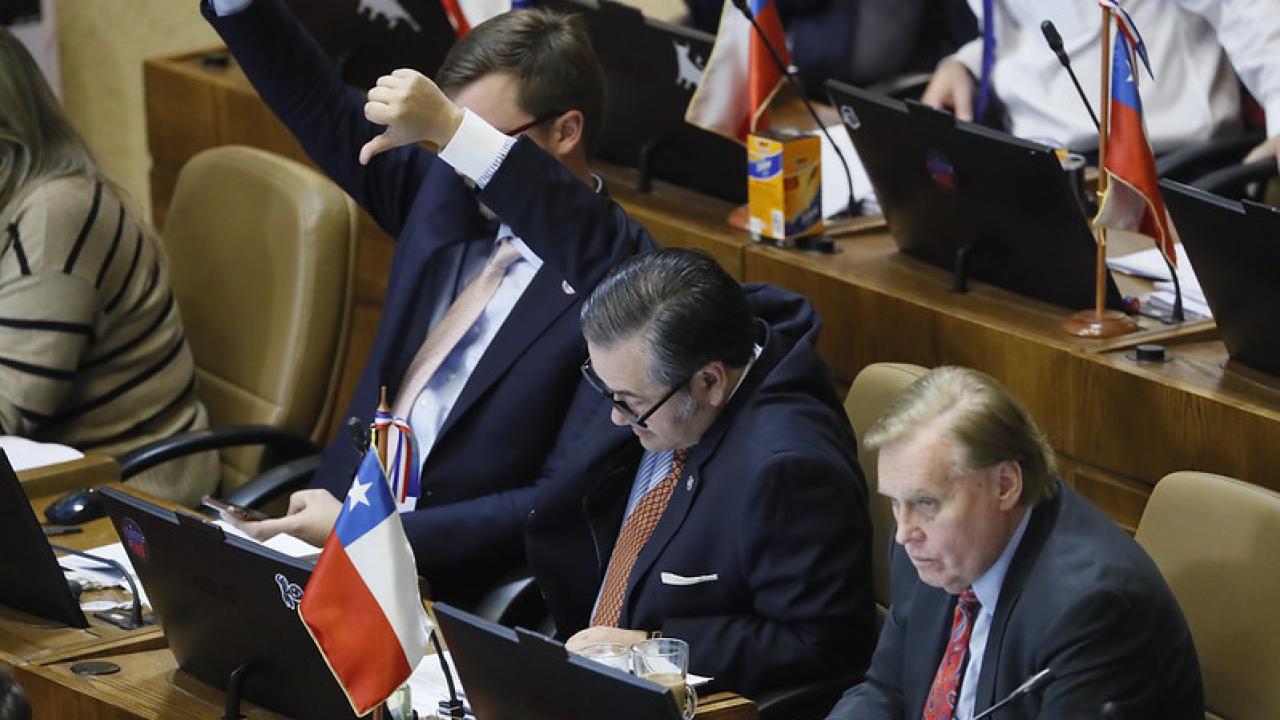
After months of debating, uncertainty remains on the approval of the so-called "Short Isapres Law" as pro-government lawmakers have announced their position to the bill-project.
The deadline given by the Health Superintendence to comply a Supreme Court ruling against the Isapres is due this Monday. Therefore, it is the last day of for the passing of the Short Isapres Law, but this remains unclear since pro-government lawmakers have announced a vote against, despite the administration's pledge to support it.
Against this backdrop, both the Chamber of Deputies and the Senate must vote on the bill.
After the arduous discussion in a mixed congressional commission, the most controversial points that remain are an optional advanced payment that comes with the Isapres proposal for affiliates, as well as an increase in the ICSA until 2027 without the Health Superintendency's cost containment plan. For this reason, there are those who claim that the regulation implies 'forgiveness' to insurers.
Víctor Torres, Superintendent of Health, commented that “the industry is going to have an average drop of 20% in its permanent income. That reason alone already implies a need to generate a price increase. The ICSA will not be the same every year, therefore it may be higher or lower. It is the same industry that does not want to raise the plans any further, because there is a risk of a large number of people leaving.”
DIVISION IN PRO-GOVERNMENT SUPPORT
Due to the controversial nature of the bill there are only a few votes in favor, while several lawmakers have neglected the government calls to support it and have expressed that they will speak out against it.
Senator Juan Luis Castro (PS) expressed that “the question is: who wins and who loses? The Isapres gain relief, very temporary. But people, unfortunately, are going to pay the bill for what this debt from the Isapres system means.”
Likewise, deputy Camila Musante (IND-PPD) stated that the Short Isapres Law “attempts to override justice. My vote is not available. If we want to legislate to strengthen Fonasa, let's do it, and not with Trojan horses. I don't like tricky projects."
For his part, deputy Sergio Gahona (UDI), from the opposition, placed the responsibility's on the bill's potential failure on the executive branch.
“It seems to be a reasonable agreement, because, in reality, no one was satisfied, but everyone thought that, to some extent, this helped minimize the risk of bankruptcy of the system,” he said.









